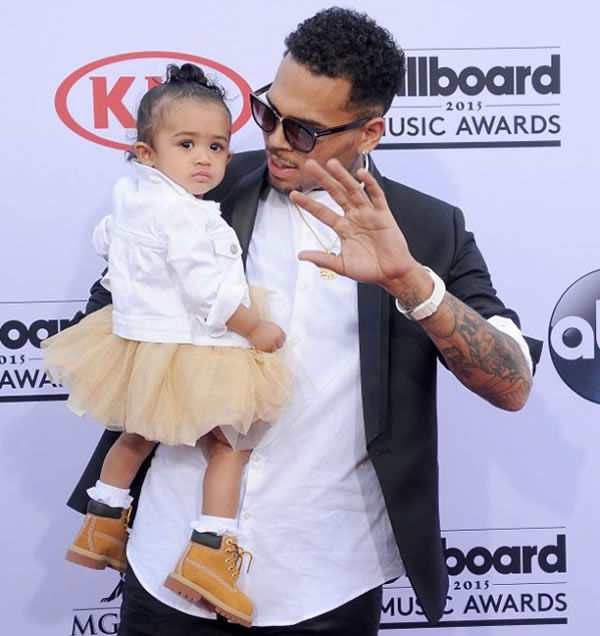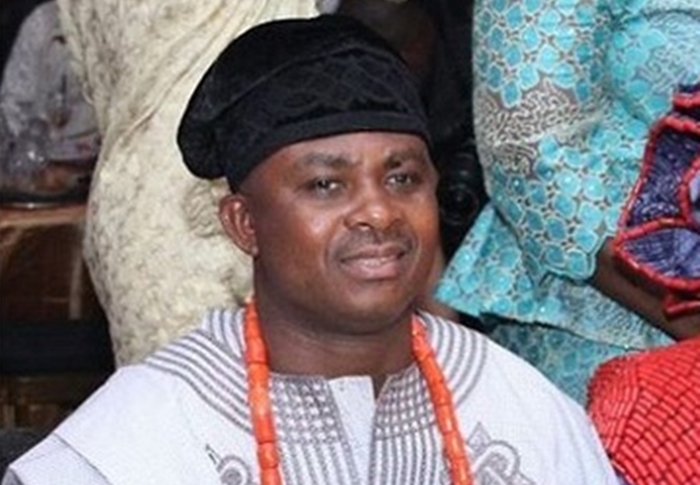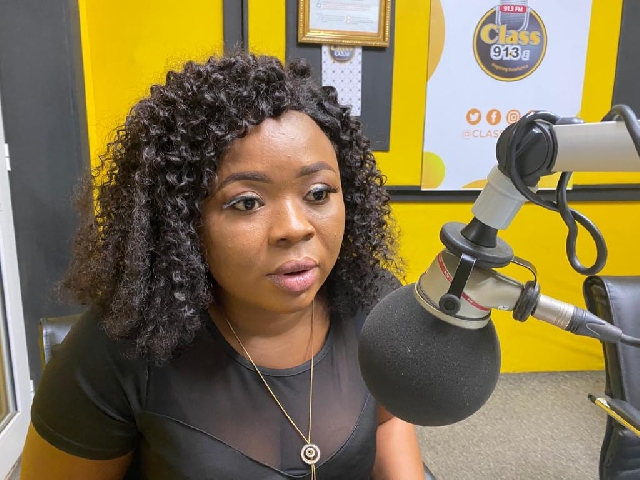MENTAL HEALTH SOCIETY OF GHANA CAMPAIGN TO END MENTAL HEALTH STIGMA
This world mental day it’s time to change how the public think about mental health. The Mental Health Society of Ghana are leading a campaign to end mental health stigma in Greater Accra.
A group of 25 women and men who have experienced mental health problems such as bipolar and depression are taking action to end stigma and discrimination in Greater Accra. By sharing their personal stories, they want to challenge myths and change how their communities think about mental health.
October 10 is World Mental Health Day. To mark this day and raise awareness of mental health, the champions will be running an event and speaking out at the University of Professional, Accra. The Mental Health Society of Ghana (MEHSOG) are working with UK-based NGO Time to Change Global and international disability and development organisation, CBM. They will develop, test, deliver and evaluate a pilot anti-stigma campaign, led by the group of volunteer ‘champions’. Four other pilot campaigns are launching with local NGOs in India, Kenya, Nigeria and Uganda.
MEHSOG seek to represent and unite all people with mental illness and epilepsy in Ghana. An important part of this work is to educate the public, increase awareness and reduce mental health stigma. Despite being a common problem in Ghana, they know more needs to be done to challenge myths and get people talking openly about mental health problems. The champions are supported by a Project Coordinator, Abena Korkor, who has her own experience of bipolar disorder. She said, “By sharing your experience, it helps people realise they might also have problems with their own mental health. But more than this, it helps
them to be a little more sympathetic. On World Mental Health Day, this is so important!”
People with personal experience of mental health problems are at the heart of the campaign. Their stories show the real impact of mental health stigma in Ghana, but they also offer hope – that recovery is possible and that public ideas about mental illness can change. The 25 champions are running a series of events to reach members of the public, share their stories and challenge ideas about what it means to have a mental health problem. As well as the latest event at University of Professional, Accra, other events have taken place at 6 locations in Greater Accra, namely, Accra mall, West Hills mall, Nima Market, Mallam Atta
market, Achimota mall and the University of Ghana.
The champions stories show the real impact of mental health stigma in Ghana, but they also offer hope – that recovery is possible and that public ideas about mental illness can change. Champion, Martha says, “We can make things better for people with mental illness by talking. That is why I wanted to be a champion. I want to tell people when you fall, it does not mean you’ll remain there. You can stand up. There is hope.”Champion, Bernard, explains how mental health stigma has affected him, “The stigma is everywhere. The respect given to you diminishes. For a long time, when I see my family and I open my mouth to speak, everybody turns their face in the opposite direction.”
Alongside the Champion-led events, work is underway to develop a behaviour change campaign to transform public attitudes, perceptions and behaviour towards mental health in Greater Accra. Four audience research groups were carried out by Consumer Insights Consult Africa, to shape the behaviour change campaign and understand how people in Accra think and feel about mental health problems. This research showed that there is low knowledge and understanding of mental health problems in Ghana and that the ideas and opinions the public do have are largely negative.
“They are not predictable. You don’t know when they will strike”. “If a family member has a mental illness, people will not even want to marry from your home” Research group participants were also asked to think about how to challenge negative perceptions. Building empathy and showing that recovery is possible were some of the core recommendations from the research. “I wouldn’t like to be in that situation and people rejecting me, if I see a person in that situation I would like offer a helping hand because it might happen to me as well” Understanding how people in Accra feel about mental health will ensure this behaviour
change campaign can address public fears, misunderstandings and stereotypes.
I
Mental Health Society of Ghana (MEHSOG) is one of the leading non-governmental organizations (NGO) in Ghana working to improve the mental health and human rights of people in Ghana and contribute to national development. About Time to Change Global and CBM Around the world, people living with mental health problems face isolation, exclusion from work and family and abuses of their human rights.
After more than 10 years of work to reduce mental health stigma in England and Wales, Time to Change Global was launched in 2018. Local organisations and people with personal experience of mental health problems are at the heart of the programme. In Ghana, India, Kenya, Nigeria and Uganda, they will be supported to shape and lead campaigns to tackle stigma and discrimination. These five pilot campaigns will look very different, depending on the needs and capacity of each local partner. Time to Change Global is run by the UK-based mental health charities, Mind and Rethink Mental Illness. The programme is delivered in partnership with international disability and development organisation CBM and funded by the UK Department of Health and Social Care and Comic Relief.




